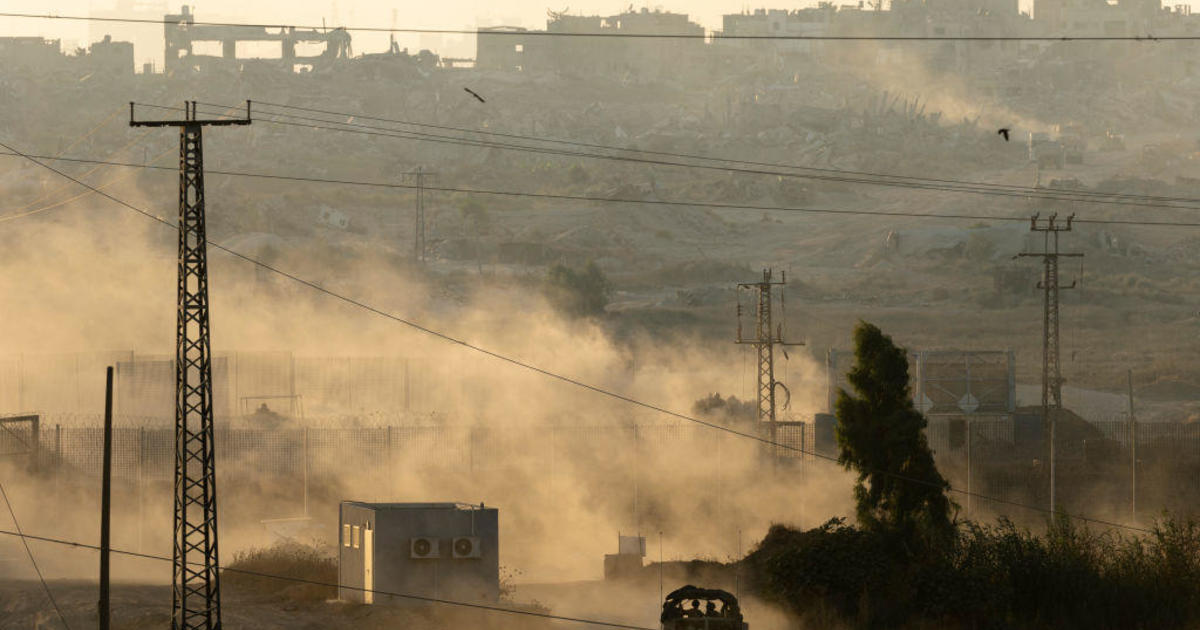Israel’s Cabinet was set to deliberate on Hamas’ latest response to a U.S.-backed proposal for a phased cease-fire in Gaza, as diplomatic efforts to end the nine-month war between Israel and Hamas resumed after a weeks-long hiatus. The conflict between Israel and Lebanon’s Hezbollah also escalated, with the militant group launching over 200 rockets and drones into northern Israel in retaliation for the killing of a senior commander in an Israeli airstrike.
The situation at the border has raised concerns about the possibility of a more devastating war in the Middle East. Hezbollah has indicated that it will cease its attacks if a cease-fire is reached between Hamas and Israel. The United States has been working on a plan that involves the release of hostages held by Hamas in exchange for a lasting truce and the withdrawal of Israeli forces from Gaza. However, neither side has fully embraced this plan yet.
A delegation from Israel, led by Mossad Director David Barnea, was traveling to Qatar for talks on the potential cease-fire and hostage deal. The delegation was scheduled to meet with the Qatari Prime Minister Sheikh Mohammed bin Abdulrahman Al Thani to discuss ways to bring the parties closer to a deal in Gaza. President Biden also had a call with Israeli Prime Minister Benjamin Netanyahu to discuss the latest draft of the proposal.
There was reported progress in the negotiations, with a breakthrough on a critical impasse in the proposal. Hamas had suggested amendments to the proposal, but some of these were deemed unworkable by the U.S. Netanyahu had expressed doubts about whether the original proposal would bring an end to the war, which is a key demand for Hamas. The Israeli Cabinet was expected to convene to discuss the latest developments surrounding the negotiations.
Hamas official Bassem Naim stated that the group had neither accepted nor rejected the American proposal, but had provided some ideas to bridge the gap between the two sides. Ismail Haniyeh, Hamas’ top political leader, shared suggestions with Egyptian, Qatari, and Turkish officials in an effort to move the negotiations forward.
The situation in the region remains tense, with the potential for further escalation if a lasting cease-fire agreement is not reached. The conflict has already caused significant damage and loss of life, and there is a pressing need for a peaceful resolution to prevent further suffering for the people of Gaza and Israel.
As the diplomatic efforts continue, it is crucial for all parties involved to engage in constructive dialogue and compromise to reach a mutually acceptable agreement that will bring an end to the violence and pave the way for lasting peace in the region. The international community plays a vital role in supporting these efforts and ensuring that the voices of those affected by the conflict are heard and their needs are addressed.
It is essential for all sides to prioritize the well-being of civilians and work towards a solution that will bring stability and security to the region. The road to peace may be challenging, but the alternative of continued violence and suffering is far worse. By coming together in good faith and with a genuine commitment to peace, there is hope that a resolution can be achieved and a brighter future can be secured for all those affected by the conflict in Gaza and Israel.









